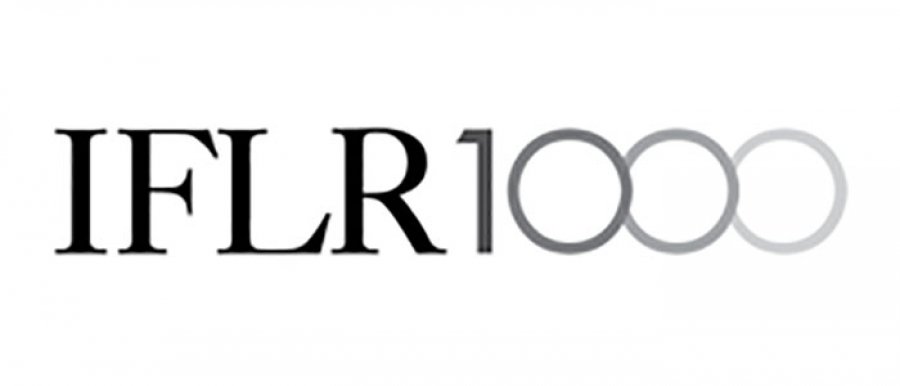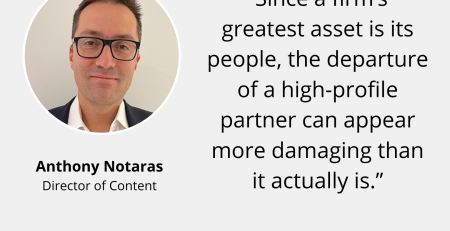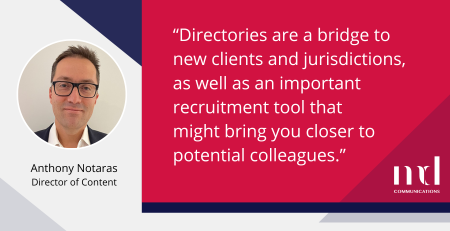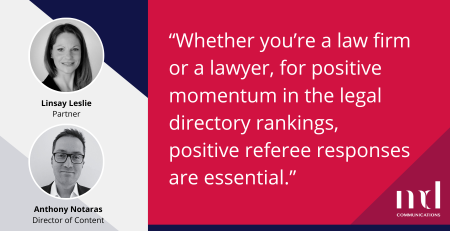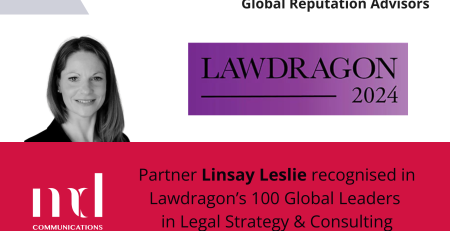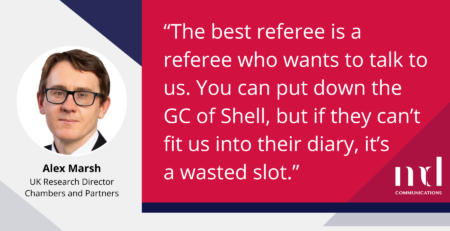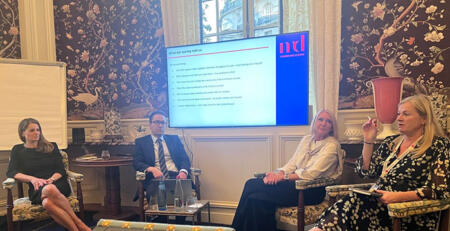We are increasingly receiving requests from clients who want to submit for the IFLR1000 (International Financial Law Review) as competition for recognition continues to increase in the industry.
For UK firms in particular who will be collectively breathing a sigh of relief having achieved Chambers and Legal 500 deadlines, if your firm has a strong focus on financial and corporate work, it’s worth noting that the research for the 2019 edition of the IFLR1000 is now open for submissions (deadline: 27 April 2018).
Publishing rankings since 1990, the IFLR1000 is a highly respected guide to the world’s leading financial and corporate law firms and lawyers.
It covers 120 jurisdictions and ranks firms, as well as leading lawyers and rising stars – so there is plenty of scope for firms looking to use the rankings to grow their profile and increase recognition.
Who should submit?
The primary difference between the IFLR1000 and the other two main directories is the very specific sector focus that it has on financial and corporate work. The core practice areas covered are banking and finance, capital markets, M&A, project development, and restructuring & insolvency.
In addition to rankings, the IFLR1000 also provides analysis of market trends, law firm news, reviews of law firm performance and online transaction database IFLR1000 Deal Data.
For corporate and financial practices looking for 360-degree directories coverage (and maximising the annual work that goes into pulling together 2017 deal information for the various directories), it’s an essential, specialist ranking to achieve.
Why submit?
Like Chambers and The Legal 500, submission is free and firms are guaranteed editorial coverage in the published guide, including editorial review, lawyer records and Deal Data.
It’s a great way to get an accurate and in-depth assessment of your practice into the mainstream media – and cost effective too, as there is no charge. It’s certainly worth noting that the guide’s wide readership includes private practice lawyers and in-house counsel at globally significant corporations and financial institutions.
Deal Data
The IFLR 1000 has also developed a unique aspect to its guide, something that none of the other directories offer: Deal Data. This is basically a database of transactions and deal data broken down into factors such as client, practice area and industry sector. It can be an invaluable resource for getting perspective on the market and insight into the deals currently going on.
Submitting for the IFLR1000
Overall, the process of submitting for the IFLR is fairly simple, particularly if you’ve already prepared submissions for the other directories – the effort required is definitely worth the reward of a ranking.
If you’d like some help getting your IFLR submission together, the team at MD Communications can help – please get in touch.


